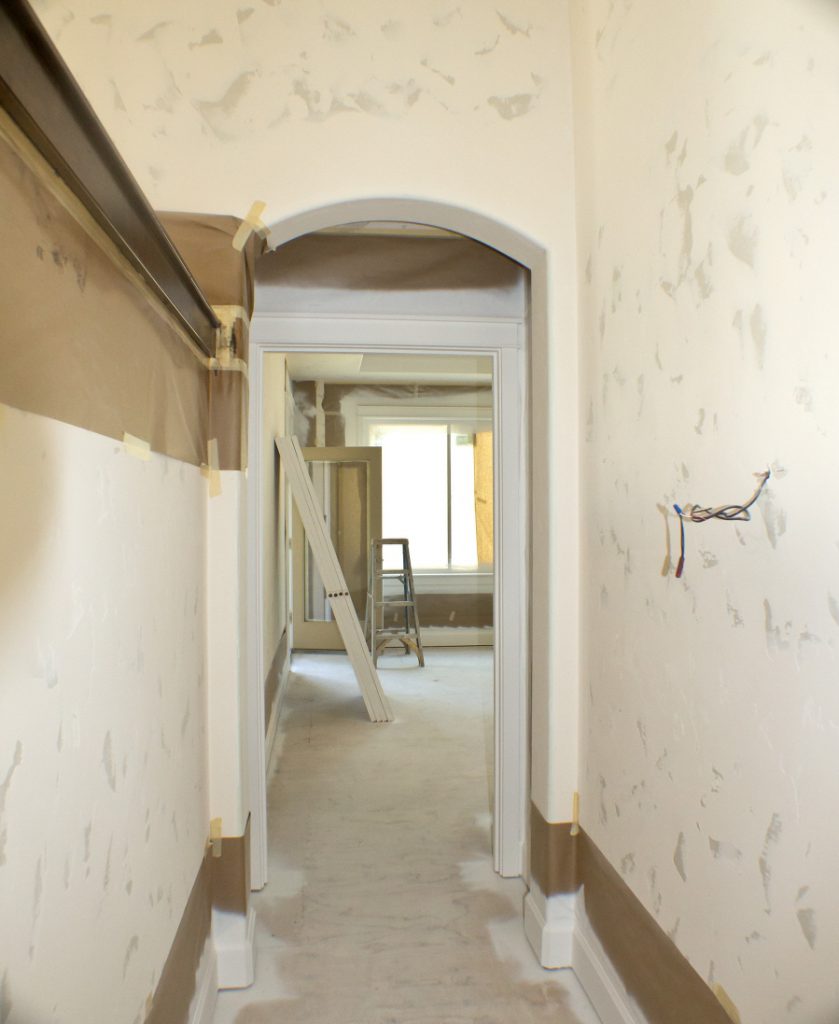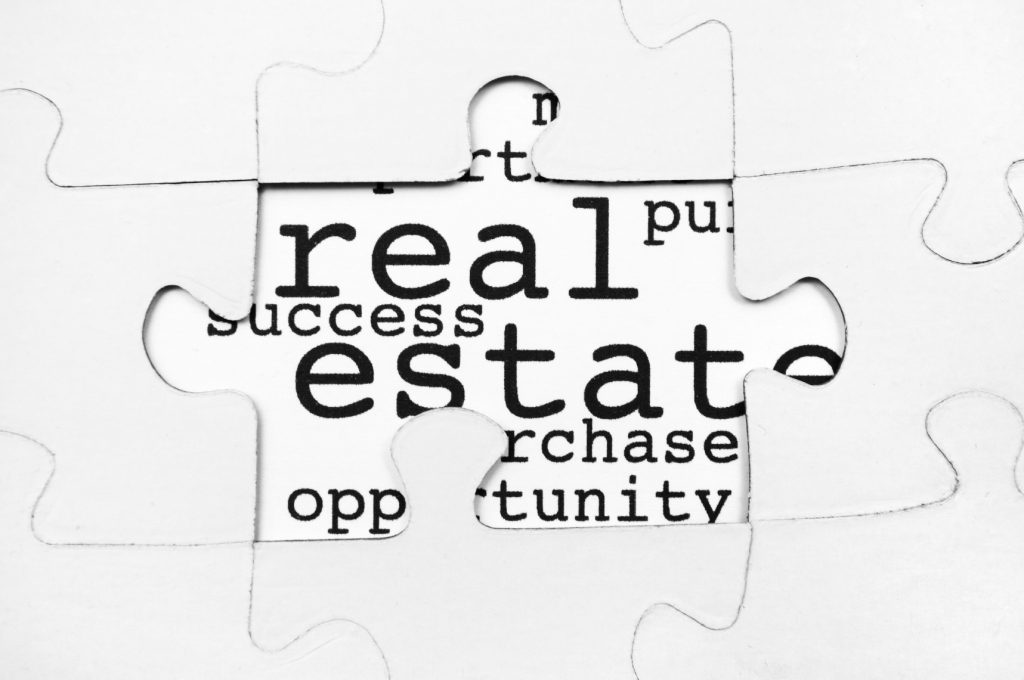You’ve got the skills prospects are looking for, but to truly connect with them, you have to stop being a salesperson.

What does it take to really connect with someone, to have them feel comfortable with you and truly trust you? Those are the people who will end up your customers for life, and those relationships will open doors to a multiple number of other contacts. But it takes being more than a good salesperson to connect with prospects on that level. Here are four strategies to build a deeper, purer relationship with potential clients.
Connect With Your Client, Not the Other Way Around
Your actions are most natural when you feel relaxed and confident in your own skin, and people can connect to that. But no matter how well trained you are, you’re not in your most natural state when you’re trying to make a sales pitch. Instead of trying to get a prospect to connect with you and your services, sometimes the best way to facilitate actions that are pure is to connect to them first — by listening.
When prospective clients ask me about what I do or how my experience will help them, I usually highlight the most important points of my job, as if I only have 60 seconds with them in an elevator. Then I say, “Before I get into more detail about that, I’d like to explore more about what your goals are.” I always turn it back on them until I have a good understanding of their key needs. Keeping the focus on the client allows you to customize your approach and gives you insight on when to move the conversation forward or back off.
That approach has also helped Lisa Lang, sales associate at Keller Williams Suburban Realty in Livingston, N.J. She says it’s imperative, especially in the beginning of a client relationship, to do more listening than talking. “I need to gain their respect and trust immediately. Otherwise, our relationship will falter,” Lang says. “Listening to them is a must. I have to hear what they have to say and what their needs are, and learn what kind of personality they have. I try to make our first meeting as casual as possible, whether it’s at an open house or at my office.”
Lang lets prospects drive the initial conversation, talking about more than just their real estate needs but also their families, current location, people they are affiliated with, and any common bonds she may share with them. “Once they feel at ease, everything else comes naturally,” she adds. “I never try to be someone I’m not.”
Stop Caring About the End Result
There is a saying I’ve tried to follow that is difficult to understand at first but has tremendous benefits for lasting relationships: “Those who desire nothing possess everything.” Now this doesn’t mean you don’t care for your customers or don’t have goals and dreams. It has to do with getting rid of your personal attachments and working from your true gut; it’s an approach to business and life that’s good not only for your success and peace of mind but also for your customers.
Too much caring and desire for winning get in the way of the performance. Your action is pure and comes naturally without thought. The key is detachment: Don’t think too much about it and just do it. When you don’t care so much about the end result, you can be at ease, and that’s when people feel comfortable around you.
One of my favorite books on this subject is Zen in the Martial Arts by Joe Hyams. Hyams tells a story of training with his sensei, who instructed him to punch a baseball mitt the sensei was wearing. As soon as Hyams got ready to punch, he tensed up. His sensei was aware of his intention, and he moved the mitt before Hyams could strike it.
“Relax,” the sensei said, according to the book. “Stop straining. The less effort, the faster and more powerful you will be.” As soon as Hyams relaxed his body and mind, he hit the target.
His sensei told him, “You stopped caring whether you hit or not. It is the caring or desire which stands in the way of effortless effort. You must stop caring about doing it and just do it — effortlessly and naturally as snow falls from the tree or water bubbles up from the spring.”
Eye Contact Is Powerful
We always hear how important it is to maintain eye contact. When you’re making a point or listening to your customer, it enables you to deliver the message with sincerity or see the truth in your customer’s eyes.
“The essence of the [client] relationship is how the transaction begins,” says Hal Maxwell, president of Coldwell Banker in New Jersey and Rockland County, N.Y. “You must build a relationship with trust and understanding immediately. You do that by eye contact, by being honest, by being who you are, telling people the truth and not just what they want to hear. If you’re sitting across from somebody who bought their home, and they paid at the height of the market, you can’t sugarcoat that. You have to tell them the truth, and you have to have something to show them and back it up.”
The truth may make your client angry, Maxwell says, but the anger isn’t directed at you. But your client’s anger will be about you if you tried to hide the truth. “Three or four months down the road, you come back and tell them that they have to do a major [price] reduction, and then they get mad at you because you didn’t tell them the truth up front.”
Maxwell says his company lives by three rules:
- No commission is worth your reputation.
- Do the right thing.
- When you give your word, you keep your word.
Follow Up
This is the glue that keeps the relationship together. Whether it’s a simple handwritten card thanking the individual for their time and business, or specific actions you take to ensure the long-term success of your client. Following up with a client after the sale is critical so they see that you’re there not just for a commission but to make sure they’re satisfied long with their decision.
This often leads to new business, referrals, testimonials, and a solid reputation. Email and other forms of follow-up are key, but an in-person meeting is the most powerful — where body language, eye contact, and a handshake can make all the difference.
“In this increasingly digital world, where email and texting have become the standard for business communication, the personal connection of a call — and, even better, a meeting — is more powerful than ever,” says Brian Stolar, president and CEO of real estate development firm The Pinnacle Companies. “One good meeting can be vastly more effective for finding a resolution to an issue or accomplishing a goal than dozens of digital messages. In important business relationships, a collaborator who knows that and practices it well and often is appreciated.”
Credit to Barry Farber
Barry Farber is a radio and television host with expertise in sales and marketing topics, as well as a marketing consultant for corporations, professional athletes, and entertainers. His brand of FoldzFlat® Pens can be used as a tool to break the ice with prospects or to follow up with clients along with a handwritten thank-you note.

















